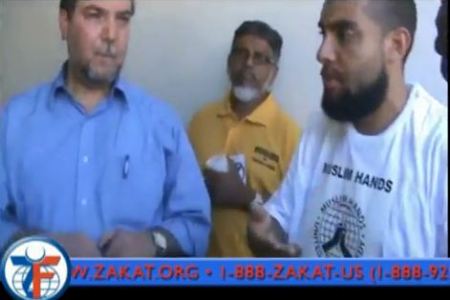Many modern Muslims and Leftists defend the “theory” and “history” of the jizya. At the same time they tell us not to worry about the jizya because they claim that it no longer exists. That is a lie. Not only does jizya still exist, but it often takes place around the world under government auspices. We’ve covered this many times on this blog, but it’s time for a recap:
Contemporary jizya examples and government complicity
| Country | Description | Government role? | Source |
|---|---|---|---|
| Pakistan | Jizya against Sikh & Christian homes, shops, and churches | “Government policies do not afford equal protection” to religious minorities | U.S. State Department’s International Religious Freedom Report 2009: Pakistan |
| Pakistan | Jizya imposed against Sikhs by Taliban, 2009 to present | Part of a 2009 truce between Pakistan & Islamic militants | Sikh News Network |
| Iraq | Jizya demanded of Christians in Baghdad & Mosul | N/A | U.S. State Department’s International Religious Freedom Report 2009: Iraq |
| Philippines | Tax authority offered to MILF Islamists | Part of government proposed “peace accord” in 2010 | Iran Press TV |
| Philippines | Jizya demanded of Catholics in 2008 | N/A | U.S. State Department’s International Religious Freedom Report 2009: Philippines |
| Yemen | Jizya imposed against Jews | Jizya used as “bargaining chips” by Yemeni politicians | Professor Adel Al-Sharjabi, Sana’a University |
More coverage from Money Jihad:








Hawala on the march
August 31, 2010On Aug. 5, the State Department has released its annual country reports on terrorism. Among the findings are that hawala (the money transfer system established by Islamic law) in Syria and Pakistan continue to pose significant international security risks. Excerpts follow:
Pakistan
Syria
The report also indicates that additional work needs to be done against hawala and terrorist financing in Saudi Arabia, Gaza and the West Bank, and the United Arab Emirates.
Posted in News commentary | Tagged hawala, Pakistan, State Department, Syria | Leave a Comment »